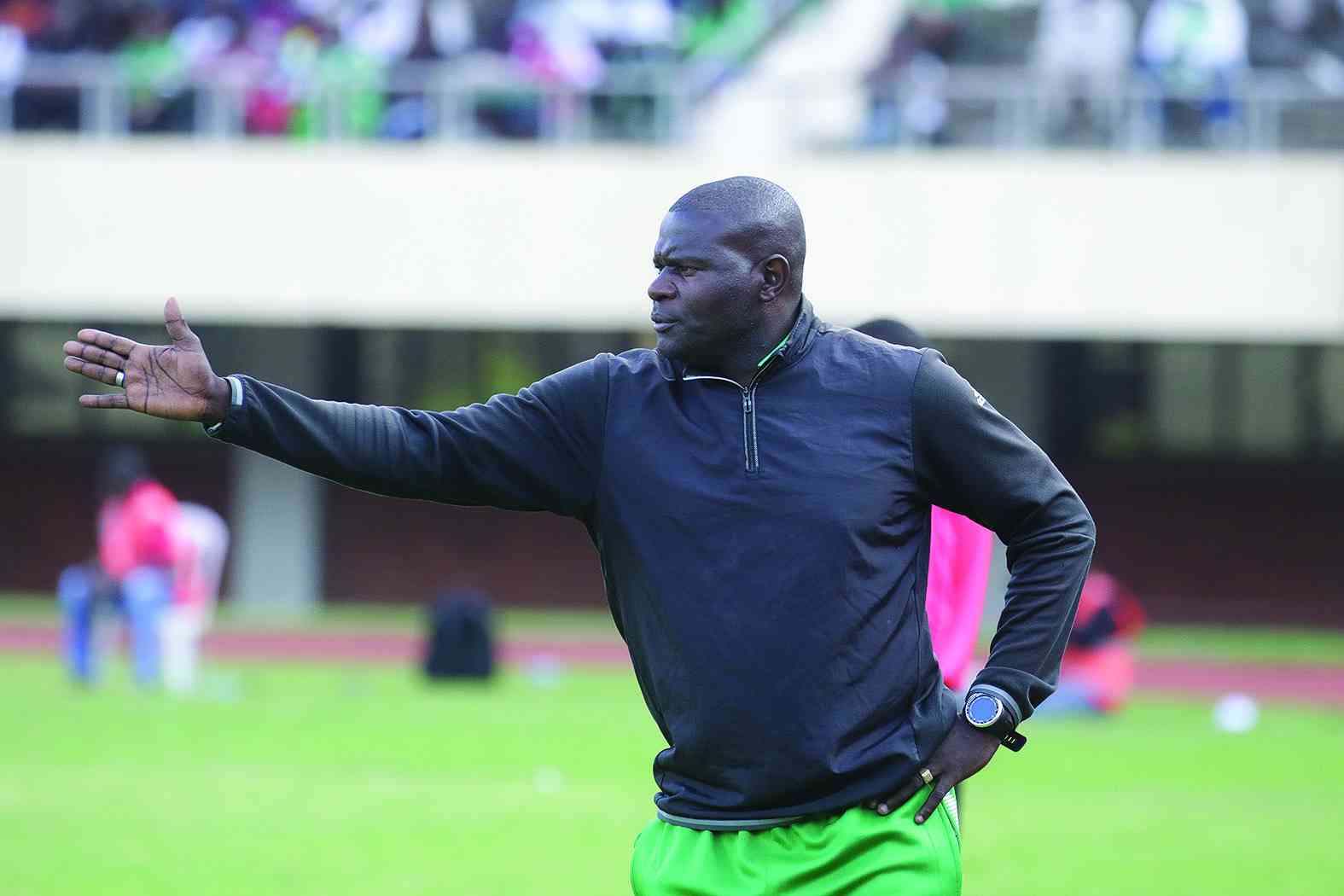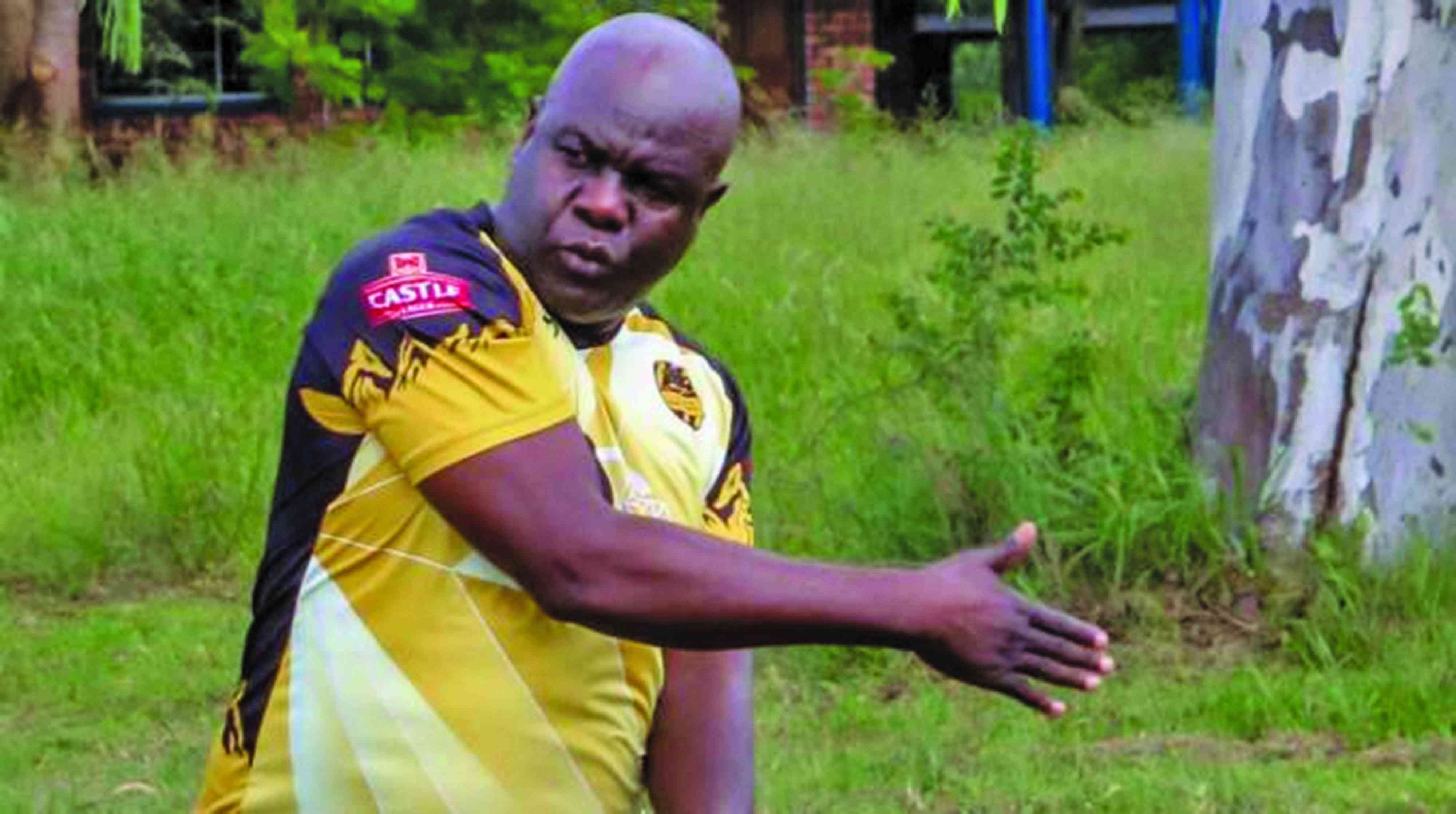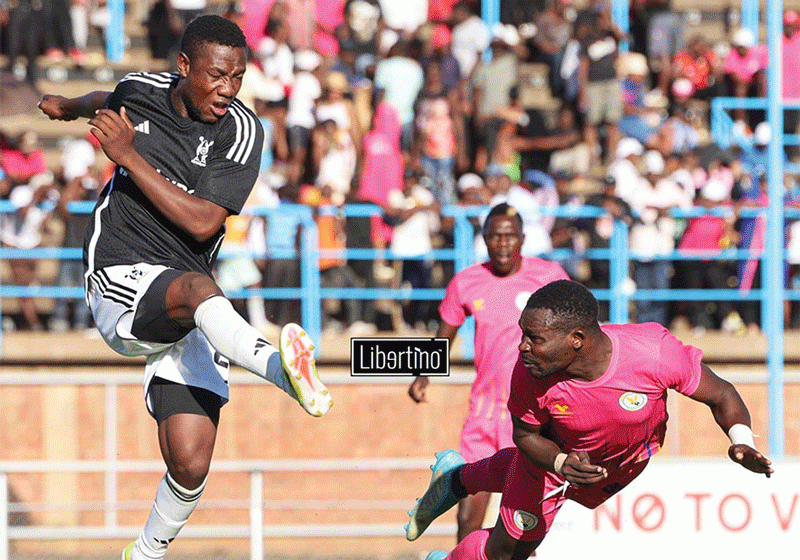
Former Pakistan coach Waqar Younis led calls yesterday urging the cricketing world to rally around the anti-corruption unit in the wake of the spot-fixing scandal which rocked the sport.
Former Test captain Salman Butt, pacemen Mohammad Asif and Mohammad Amir, and their agent Mazhar Majeed received prison sentences ranging from 32 months to six months for their roles in fixing part of the Lord’s Test against England last year.
The scandal, unearthed after a sting operation by the now defunct British tabloid News of the World, sparked criticism for the Anti-Corruption and Security Unit (ACSU) of the International Cricket Council (ICC).
England captain Andrew Strauss and former skipper Ian Botham called ACSU “a toothless tiger”, but former Pakistan coach and captain Waqar said everybody needs to work together to combat corruption.
“I have seen people from the ACSU working and they have a system in place with certain restrictions, but when such an ugly episode happens they (ACSU) are the easy punch bags,” Waqar told AFP.
“Instead of criticising them we need to support them, enhance the system through which they are trying their level best, but they cannot go beyond that, and do a sting operation,” said Waqar, coach of the team on the fateful tour.
Former ICC president Ehsan Mani praised ACSU, saying more work was needed to combat corruption.
“I think the ICC’s ACSU does a very good job within the constraints of its legal and jurisdictional authority. I would, however, like to see the ACSU have the powers to carry out an annual audit of the anti-corruption process of every member country,” Main, who was ICC presiden between 2003-2006, told Gulf News.
- Chamisa under fire over US$120K donation
- Mavhunga puts DeMbare into Chibuku quarterfinals
- Pension funds bet on Cabora Bassa oilfields
- Councils defy govt fire tender directive
Keep Reading
He suggested the ACSU carried out occasional tests on players.
“I think the ACSU needs to test the players and relevant officials through questions to assess how they understand the ICC code of conduct on corruption,” said Mani, a Pakistani national.
“In case of extreme failure on part of a board to ensure that its players really understand what is required, the country should be suspended from international cricket until it is satisfied,” said Mani. ICC’s ACSU chief Ronnie Flanagan also rejected attacks on ACSU.
“The work that Lord Paul Condon did more than 10 years ago is truly recognised throughout sport as having been trend-setting and other sports bodies like tennis wants to emulate our system,” said Flanagan.
“In that context, I find some of the criticism I have listened to very interesting and quite frankly, it comes from very ill informed people — people who have no idea how we work.
“We put on prevention and when we have to investigate, investigators work so professionally hand-in-hand, just as they have done in this case.”
Noted cricket writer Osman Samiuddin said the ACSU cannot police the players.
“Much of cricket’s spluttering rage has flowed on the ACSU,” wrote Samiuddin in the Gulf newspaper The National.
“Predictable barbs have come from predictable sources; Botham and Strauss have tapped into a widespread gripe, that the body is toothless.
“These views are monumentally ignorant, symptomatic of the thoughtless lynch-mob mentality that collective human reaction boils down to now. The ACSU is not a law-enforcement body. Let alone having powers to arrest, the body cannot even entrap players and need support.”











